A sensor (English name: transducer/sensor) is a detection device that can sense the information being measured and convert that information into electrical signals or other required forms of information output according to certain rules, to meet the requirements for information transmission, processing, storage, display, recording, and control.
The characteristics of sensors include miniaturization, digitization, intelligence, multifunctionality, systematization, and networking. It is the primary link for achieving automatic detection and automatic control. The existence and development of sensors have given objects tactile, taste, and olfactory senses, making them gradually come to life. Typically, sensors are classified into ten categories based on their basic sensing functions: thermal sensitive elements, light sensitive elements, gas sensitive elements, force sensitive elements, magnetic sensitive elements, humidity sensitive elements, sound sensitive elements, radiation sensitive elements, color sensitive elements, and taste sensitive elements.
The following 40 images illustrate the working principles of various sensors:
1. Fabric Tension Measurement and Control Principle
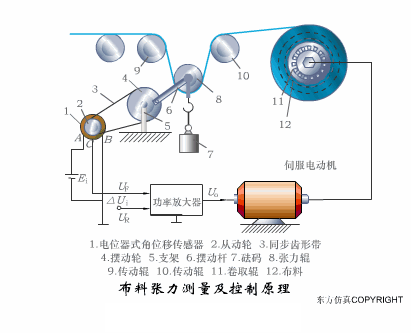
2. Linear Potentiometer Control of Cylinder Piston Stroke
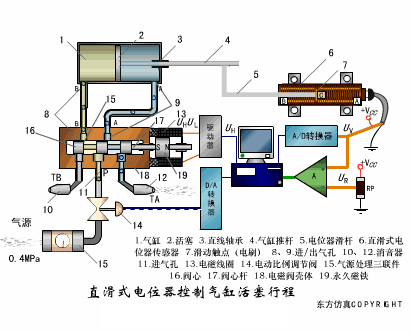
3. Working Principle of Resistive Sensor for Liquid Level Measurement
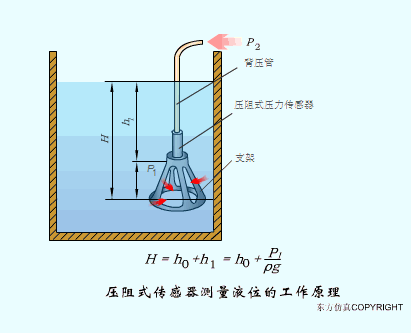
4. MQN Type Gas Sensitive Resistor Structure and Measurement Circuit
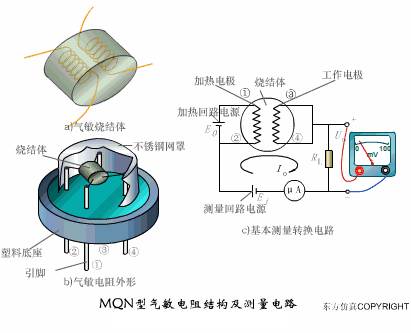
5. Working Principle of Bubble Level
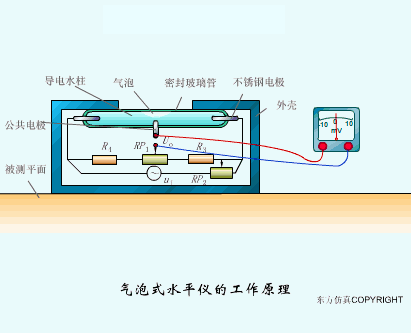
6. Diffused Silicon Pressure Sensor
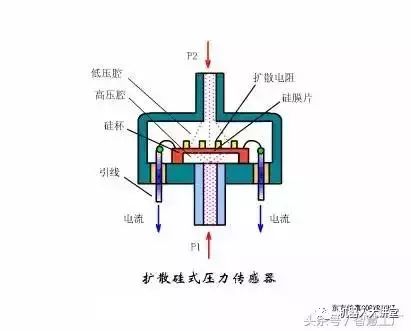
7. Strain Accelerometer
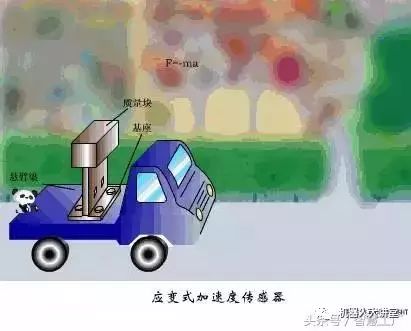
8. Weighing Level Meter
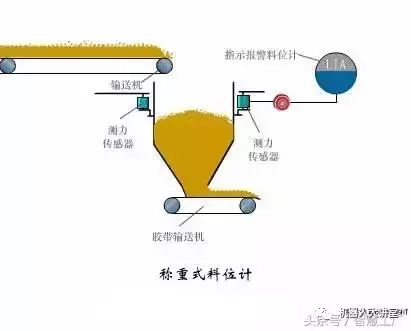
9. Electronic Belt Scale Weight Diagram
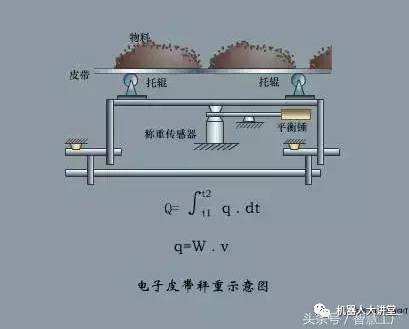
10. Electronic Crane Scale
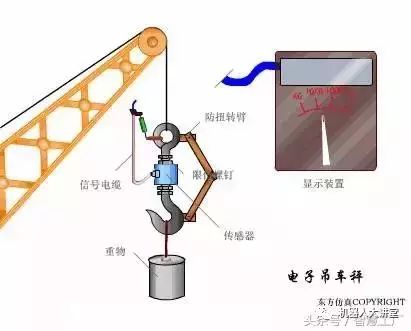
11. Load Sensor for Measuring Truck Scales Principle
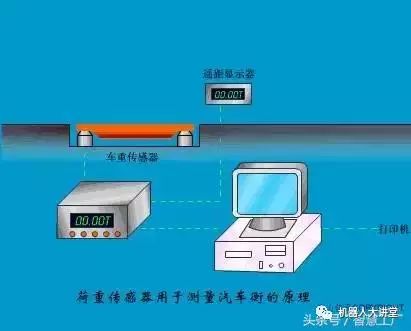
12. Applications of Load Sensors
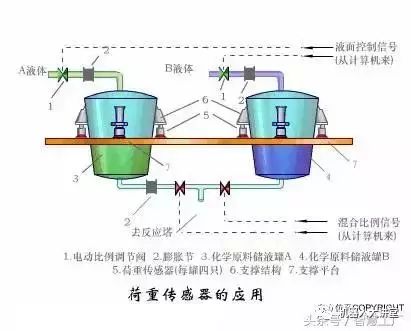
13. TiO2 Oxygen Concentration Sensor Structure and Measurement Circuit
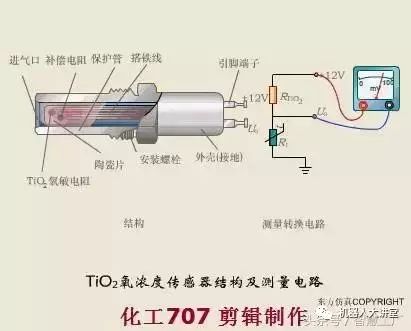
14. Potentiometer Type Sensor
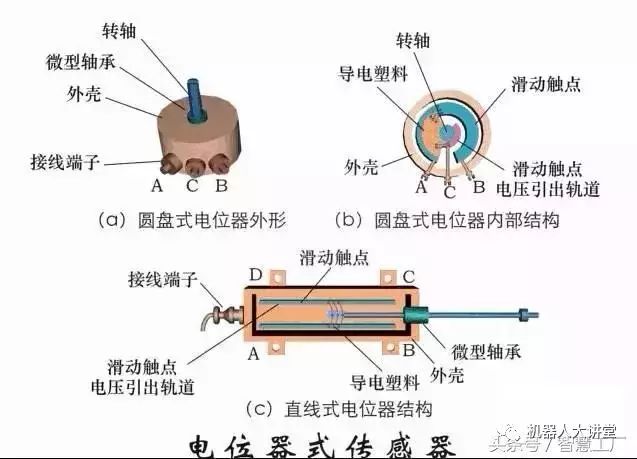
15. Ceramic Humidity Sensor
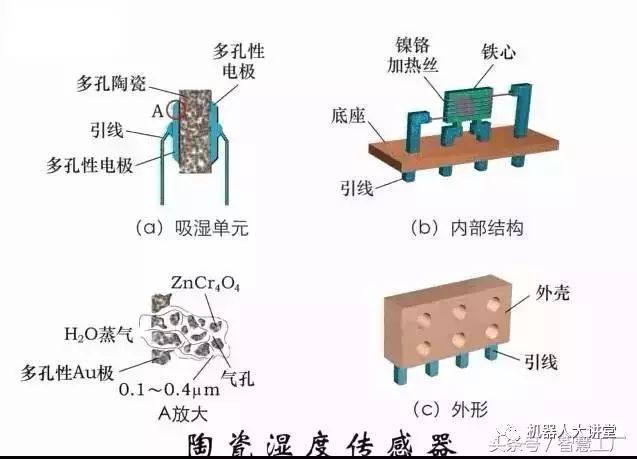
16. Porous Alumina Humidity Sensitive Capacitor Principle
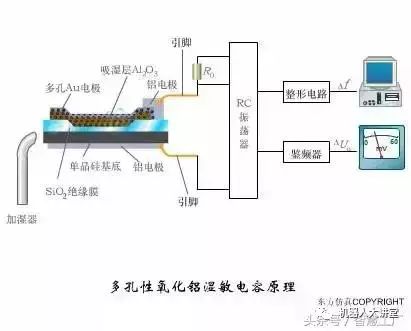
17. Working Principles of Basic Variable Gap Capacitive Sensors and Differential Variable Gap Capacitive Sensors
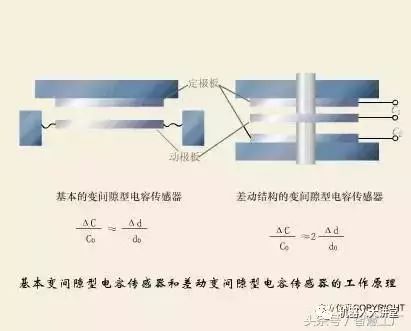
18. Working Principle of Variable Area Capacitive Sensor
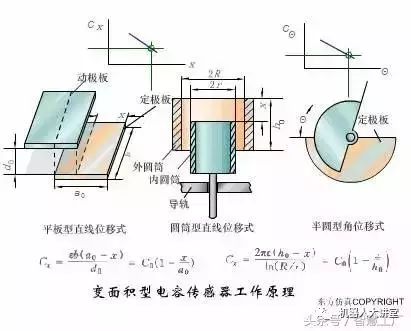
19. Principle of Object Position Detection Using Proximity Switch
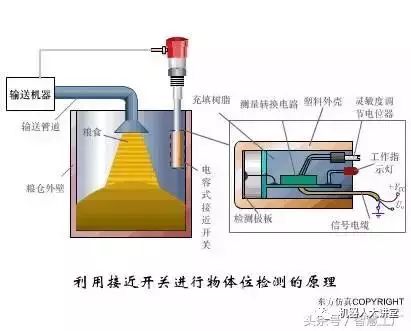
20. Principle of Light Column Display Encoded Level Meter
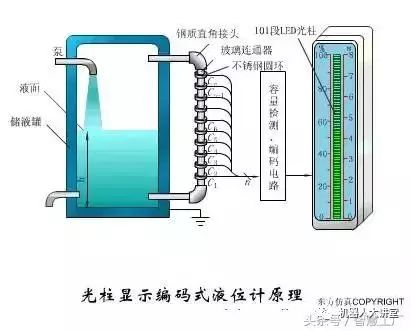
21. Capacitive Pressure Sensor
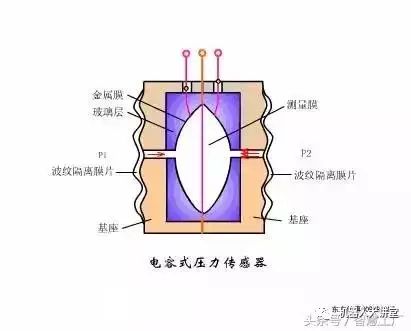
22. Differential Pressure Level Meter a
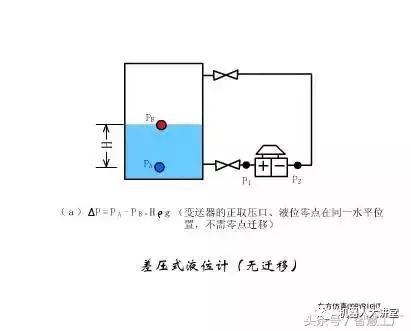
23. Differential Pressure Level Meter b
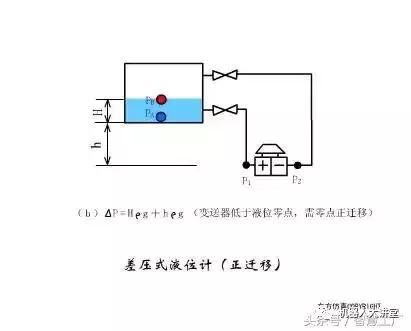
24. Differential Pressure Level Meter c
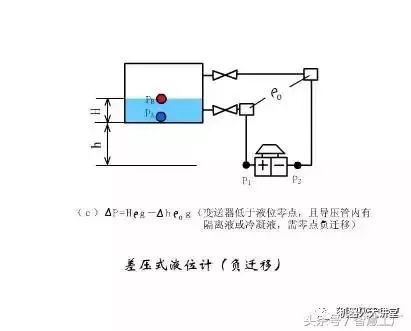
25. Capacitive Level Meter Schematic
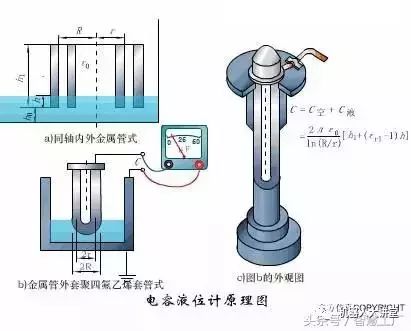
26. Capacitive Thickness Gauge
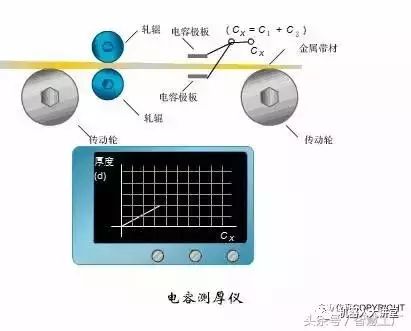
27. Capacitive Accelerometer Here is the title
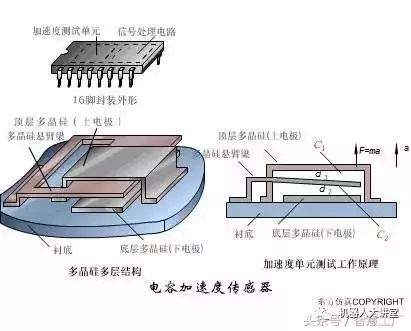
28. Capacitive Fuel Gauge Principle
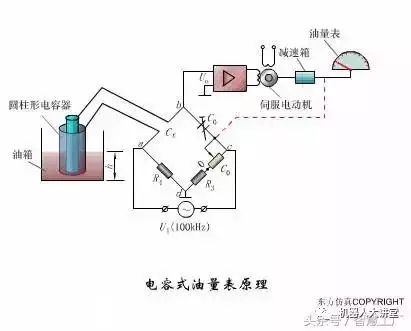
29. Principle of Flow Measurement Using Frequency Difference Method
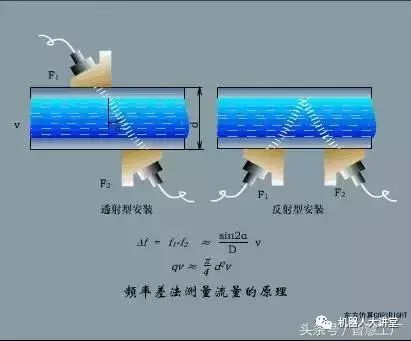
30. Structure of Air-Conducting Ultrasonic Emitter and Receiver
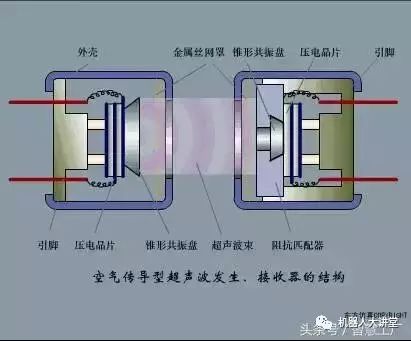
31. Two Types of Ultrasonic Applications
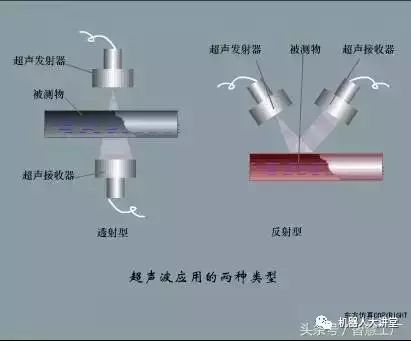
32. Structure of Ultrasonic Probe
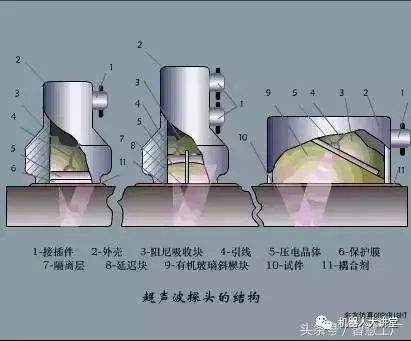
33. Principle of Ultrasonic Flow Meter
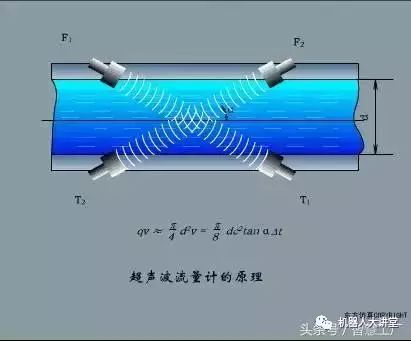
34. Principle of Ultrasonic Thickness Measurement
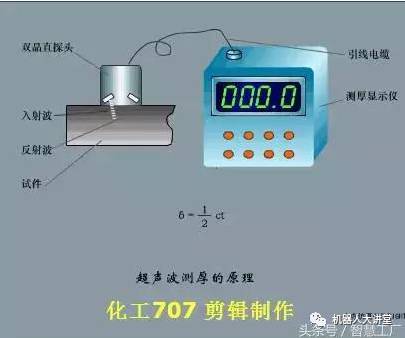
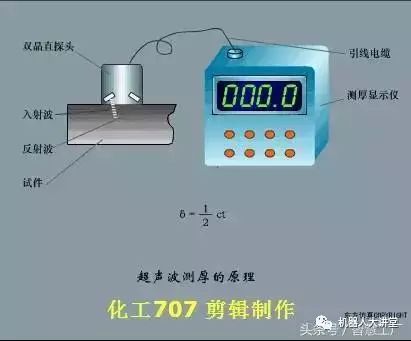
35. Principle of Ultrasonic Density Measurement
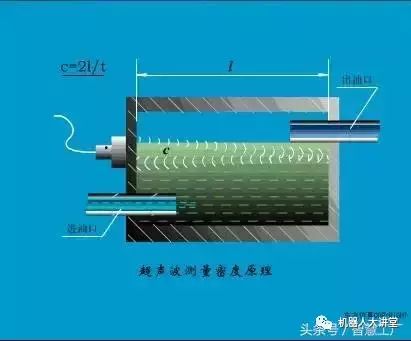
36. Principle of Ultrasonic Level Measurement
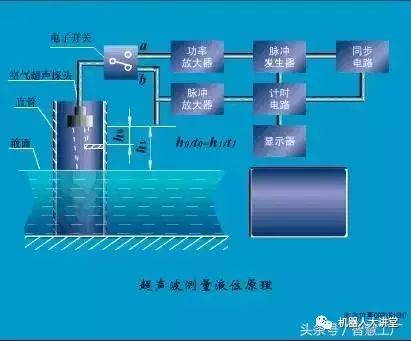
37. Ultrasonic Anti-Theft Alarm
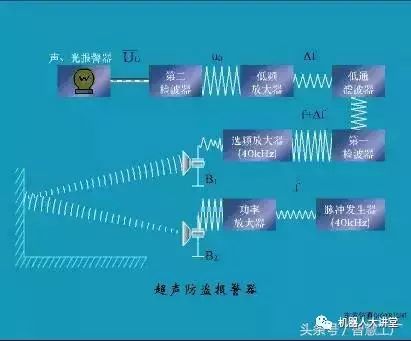
38. Longitudinal Wave Testing
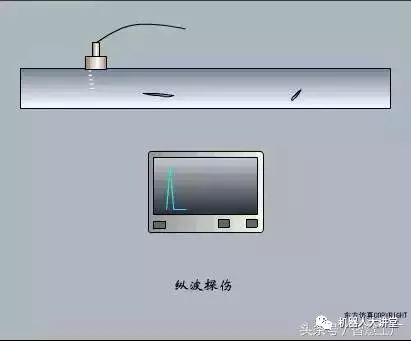
39. Transverse Wave Testing
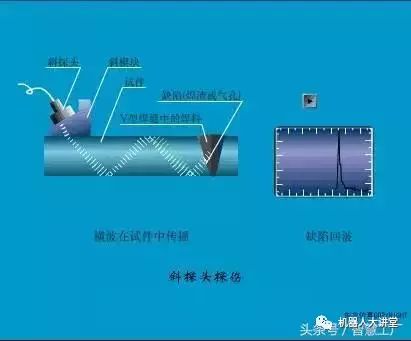
40. Surface Wave Testing
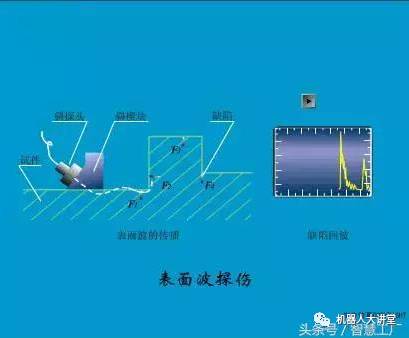
Source: Smart Factory

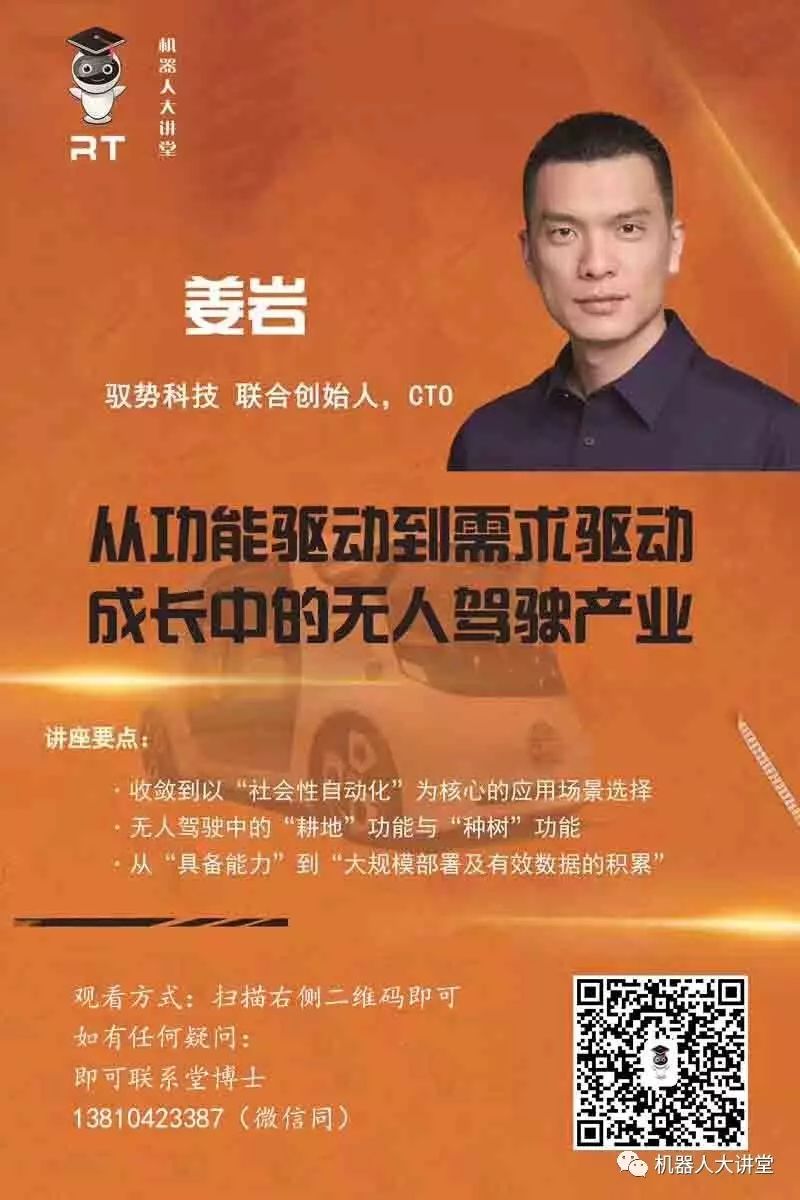
Recommended Reading
Previous Review | 001 Lecture by Wang Tianmiao – Hotspots and Trends in Domestic and International Robot Development
Previous Review | 002 Lecture by Qudao Kui, President of Siasun – The Critical Point of Robot Development
Previous Review | 003 Lecture by Liu Guoqing, Executive Director of Zhongmin International Capital – Digital Factories and Artificial Intelligence
Previous Review | 004 Lecture by Zhao Sheng – Industrial 4.0 and Robots from a Global Perspective
Previous Review | 005 Lecture by Gan Zhongxue – From Intelligent Industrial Robots to Smart Industrial Robots
Previous Review | 006 Lecture by Changjiang Scholar Wang Shuxin – Technological Innovation and Industrial Development of Minimally Invasive Surgical Robots
Previous Review | 007 Lecture by Professor Du Zhijiang from Harbin Institute of Technology – Research Insights on Domestic Surgical Robots
Previous Review | 008 Lecture by 80s Postdoctoral Qi Jun Tong – Cutting-edge Technologies in Intelligent Control of Drones
Heavyweight | Tsinghua University Professor Breaks Through the Last 1cm Defense Line of Robots
A Class that Dives 7000 Meters Deep! Revealing Rare Dark Biological Chains + Jiaolong’s “Dragon Brain”
Investment Blue Ocean + National Defense Responsibilities! Shanghai University Breakthroughs in Key Technologies of Precision Marine Unmanned Vessels Fill China’s Gaps
Do Drones Also Have “Big and Small Brains”? Hunan TV Idol-Level 80s Scientist Shares Multiple Original Breakthrough Technologies
Warm Reminder
1. Robot Lecture Hall
2. Robot Lecture Hall Visits Hundreds of Universities
Welcome to Sponsor the Robot Lecture Hall Public Welfare Project
We will provide you with the following services;
1. Product Display
2. Online Publicity Reports
3. On-site Event Promotion
4. Leadership Attendance and Speech
5. Talent Matching and Recruitment
For cooperation intentions, article reprints, please contact Dr. Tang at: 13810423387 (same as WeChat).
For all the above needs, please contact WeChat: 35735796.